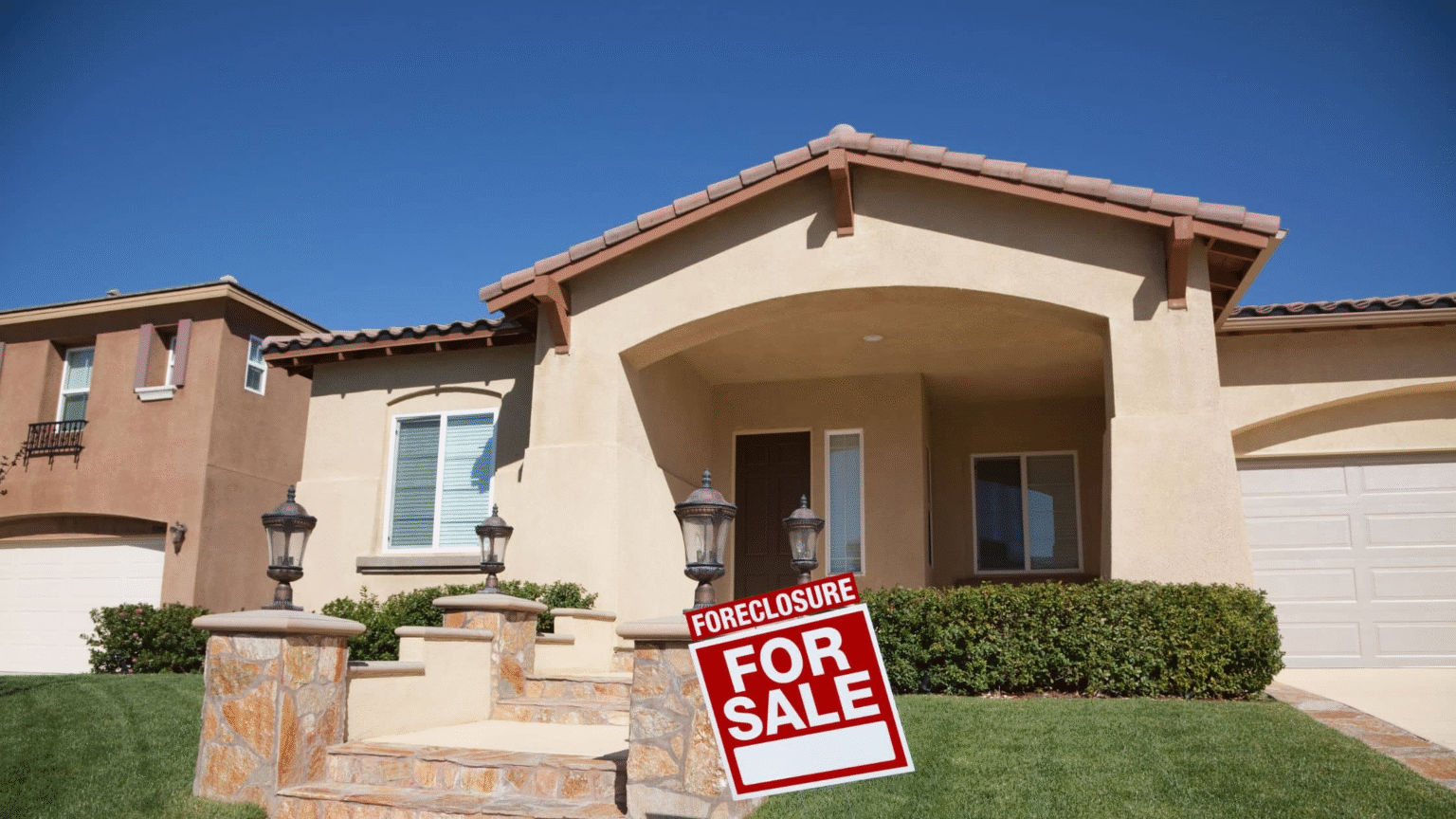Table of Contents:
- Why Pricing Matters in Real Estate
- Factors Influencing Home Prices
- Market Research for Competitive Advantage
- The Psychology of Pricing
- Timing and Seasonal Trends
- Common Pricing Mistakes to Avoid
- Tools and Helpful Resources
- Conclusion
Why Pricing Matters in Real Estate
The decision to sell your home is both financial and emotional. Among the many steps in the process, setting the right price stands out as one of the single most crucial factors in ensuring a successful and profitable sale. Properties priced accurately tend to sell faster, attract serious offers, and ultimately maximize seller profits. If you’re looking to get the most from your real estate transaction, consulting an experienced professional such as Knoxville TN real estate agent Bessie Whiteside can provide the insight and expertise needed to set your home apart in a competitive marketplace.
Accurate pricing shapes your selling experience. Pricing too high can cause your home to linger and seem less attractive, while pricing too low may lead to a quick sale but leave money on the table. Local market knowledge, comparable sales analysis, and professional guidance help you find the right balance from the start, matching your price to buyer demand.
Factors Influencing Home Prices
A home’s value isn’t determined by square footage alone. Location is a dominant force—proximity to schools, parks, amenities, and job centers can all impact value. Upgrades, renovations, and curb appeal influence buyers’ perception and what they’re willing to pay. Comparable sales (“comps”) in your neighborhood reveal what buyers are actually paying for similar homes. Additionally, supply and demand shifts—such as inventory levels or population growth—will either fuel competition or require a more strategic approach to pricing.
Market Research for Competitive Advantage
Sellers today have access to more information than ever before. Before setting a list price, analyze comparable sales in your area, considering not just sale prices but also differences in features, lot sizes, and days on market. Review active listings as your direct competition, and pay close attention to homes that linger versus those that move quickly. This research will help identify the price points that garner buyer interest without sacrificing profit. Your agent can conduct a detailed comparative market analysis (CMA), marrying local insights with market data for a sharp pricing strategy.
The Psychology of Pricing
Buyers often make decisions based on emotion rather than pure logic. Pricing real estate just below a significant round number(like $499,900 instead of $500,000) may seem like a small difference, but it can have a powerful psychological effect. This strategy, backed by industry research, can ignite interest and broaden your audience. Home shoppers often set filters at round numbers, so sharp pricing increases visibility and could draw in more buyers, potentially resulting in multiple competing offers.
Timing and Seasonal Trends
When you choose to list, it can have as much impact as your asking price. Spring is traditionally the most active time for real estate, with increased buyer activity leading to stronger offers. However, market variability from region to region—such as school calendars, weather trends, or local economic drivers—can shift this timing. A knowledgeable agent will advise whether it’s better to act immediately or wait for optimal conditions in your area. Consult resources from the National Association of Realtors for deeper data on seasonality and local sales cycles.
Common Pricing Mistakes to Avoid
- Letting Emotion Override Data:Sellers may overvalue sentimental aspects, but buyers focus on tangible features and fair market value. Stay objective and rely on recent comps.
- Not Adjusting to a Changing Market:Market conditions shift quickly. Failing to monitor new listings, price drops, and local inventory can result in overpricing or missing buyer interest.
- Ignoring Feedback: If buyers consistently mention price, or traffic to your listing is lacking, it may be time for a strategic adjustment rather than waiting for the perfect buyer.
- Skipping Professional Advice: Online tools are useful, but a seasoned real estate agent’s insights are irreplaceable. Ignoring their advice can lead to missed opportunities.
Conclusion
Pricing your home is a blend of research, strategy, and intuition, influenced by market conditions, buyer behavior, and local competition. By staying objective, leveraging professional guidance, and keeping a close eye on current trends, you’ll set the stage for maximum return and a seamless selling experience. A precise, competitive approach to home pricing is the surest path to a successful sale in any market.


